Rebirth and the Law of Sowing and Reaping
Would this sermon seem devoid of gospel? The topic was “sowing and reaping.” The warnings and encouragements given were to the point and biblical. The question playing in my mind was “How does grace fit with sowing and reaping?” I wondered if some would conclude grace was absent. How does the law of sowing and reaping fit with God’s gracious renewal in our lives?
Plant a seed, and the harvest will be of the same species. A bramble does not yield figs. Tare seeds do not produce wheat berries. The actions we sow in our lives yield results that we will reap. God is not mocked. The future is the outgrowth of the past. So says the law of sowing and reaping.
The gospel promises newness. We are regenerated, born again, given a new citizenship, forgiven of the past, adopted into a new family. We put on the new human, old things have passed away, and all things become new. We are saved graciously though faith and are no longer under the devil’s sway. We who were sinners receive the Spirit as the down payment of God’s inheritance.
The gospel disrupts sowing and reaping. Our trajectory changes dramatically. The gospel interrupts the path to death and gives us life. So, how does the law of sowing and reaping fit with the gospel? There is a theological temptation to separate them and act as if sowing and reaping only applies to those who have not been born again, to those who are under the law rather than grace, so to speak. Of course, the scripture doesn’t allow for that solution. Galatians chapter 6 is, after all, addressed to believers.
Rebirth and Reaping: Sin’s Wages and God’s Gift
To see this question from another angle, consider chapter 6 of the letter to the Romans. Paul addresses a certain outrageous question. If God has saved us by the gift of his grace, can we just keep sinning to demonstrate the vastness of God’s grace and forgiveness? “How can we who died to sin still live in it?” Paul retorts. If we are in Christ, we died with him to sin, and share his resurrection to life.
This fact makes continuing in sin outrageous; it does not make it impossible. (The battle with sin must be fought until the full redemption of our bodies.) Romans 6 tells us to “count ourselves dead to sin.” We present ourselves to God as his servants rather than to sin as its servant.
Even as adopted children of God, born again from above, reconciled and made new, our choices carry tremendous significance. This chapter describes sowing and reaping through the metaphor of master and slave. Present yourself a slave to mMaster Sin, and your body parts as tools for sin, and he will render a wage, namely death. Present yourself a slave to God, and your body parts as tools for righteousness, and the outcome will be different.
“The wages of sin is death.” We think of death as God’s just punishment for sin, and so it is. But that is not the direct point in this passage. Sin is personified as a master who pays death as a wage to those who serve him. God, by contrast, is a master who gives a gift to those who serve him.
The gift is contrasted with wages. It is an unobligated gift of God, not deserved wages. It rests upon God’s action and favor, not our deserts. This is a glorious truth. Unfortunately, some, in the name of this truth, neglect the warning and the promise of this passage. The warning is that presenting yourself as an obedient slave of sin leads to death. It involves engaging your body in “impurity” which leads to lawlessness. The end result, or fruit, of that trajectory is death. Even if you have been baptized into the death of Jesus, the failure to count yourself dead to sin and instead to present your body to sin brings a devastating harvest.
The promise of this chapter is the harvest of righteousness. We might wonder how a harvest from our own actions can be a gift. Paul explains it like this: Present yourself as God’s slave and your body parts as tools for righteousness (verse 13). Obedience leads to righteousness (verse 16). Obeying righteousness leads to sanctification (verse 19), which is the fruit that comes from being God’s slave, and the end result of sanctification is eternal life (verse 22). This is the gift of God (verse 23).
The difference between a gift and a wage is that the wage is owed. Receiving one’s wages is simply receiving one’s due. Presenting ourselves to God as obedient slaves does not make God our debtor. It is graciousness that gives life. In a wider perspective, we remember that the whole trajectory of obedience, righteousness, sanctification, and eternal life comes from the prior action of God. Jesus died for and was raised for us, and God brings us into his death and life. By contrast the trajectory of death is entirely natural, given our fallen state. It is what we deserve and what happens when we are left to ourselves.
Galatians 6 and the harvest we want.
It is both the joy and terror of the gospel that the law of sowing and reaping continues after conversion. God gives a harvest like no other. He who sows to the Spirit, will from the Spirit reap eternal life. If we persevere in doing good, we will reap a harvest (Galatians 6:8-9). God makes grow the things we sow—in his own way of course. On the other hand, evil deeds that we plant after we receive new life will also grow—and the harvest is destruction. (Galatians 6:8). To use yet another scriptural metaphor, that of clothing, we need to put off the old human with its deeds and put on the new human renewed in knowledge after the image of God.
Plants in our Garden
Jesus talked often of planting, tending, and harvesting. This puts a slightly different angle on sowing and reaping. The word of God is like seed planted by a farmer. We might hold it fast with an honest and good heart and bear fruit abundantly. We may let the word die when the weather gets tough. The devil may snatch away the word. Or the word may get choked out because our attention is on other things. We get to choose how we receive the word of God, and how it grows in our lives.
The warnings of scripture are naturally sobering. We need them because we tend toward laziness, self-serving, and going with the flow. We also need the Scripture’s warnings to counteract false theologies.
Should we then live in terror? Does every sinful act revoke our status as a child of God until we consciously repent? Does every remnant of sin in our lives show that we are not really converted? God’s children can be tormented by these questions. If you are struggling with these questions personally, please find a wise and trustworthy brother or sister who can help you walk through them. You may also find this podcast episode helpful. The Bible makes clear that some sin remains in the lives of believers, even when they are friends of God. It also makes clear that we can never be complacent about sin. In this life, our hearts are like gardens—lots of things are growing or trying to grow in them. The danger is not that God will cut us off because he finds a weed in the garden. It is rather that if the weeds are not fought, and the good seeds not planted and watered, the good plants may die or be choked by the weeds. The trajectory of death and the trajectory of life compete in the field of our hearts. We must engage the struggle.
We should engage with joy. After all God has made us new and now gives us the privilege to contribute to a harvest beyond our wildest imagination. The gift of God is eternal life, and we get the distinct privilege to participate as that gift grows in our lives. Persevere indeed!
I close this essay with encouragement from Hebrews 6:9-12. The writer reassures believers after the stark warnings issued in verses 4 to 8.
9 Even though we are speaking this way, dear friends, in your case we are confident of the better things connected with salvation. 10 For God is not unjust; He will not forget your work and the love you showed for His name when you served the saints—and you continue to serve them. 11 Now we want each of you to demonstrate the same diligence for the final realization of your hope, 12 so that you won’t become lazy but will be imitators of those who inherit the promises through faith and perseverance.
Listen to Reagan Schrock interview Marlin about this essay here.
Tags:
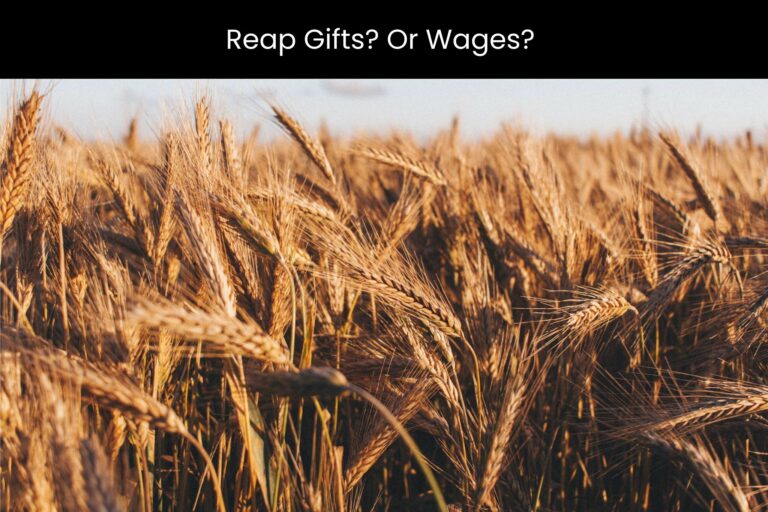

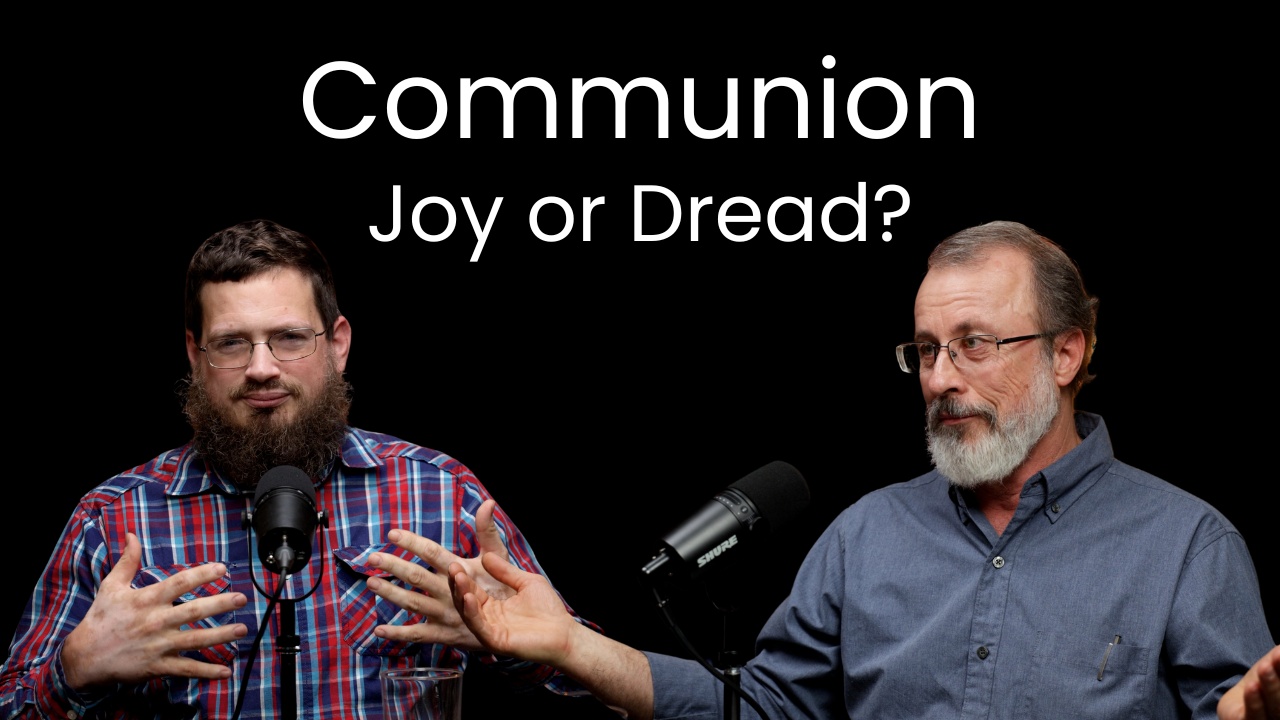
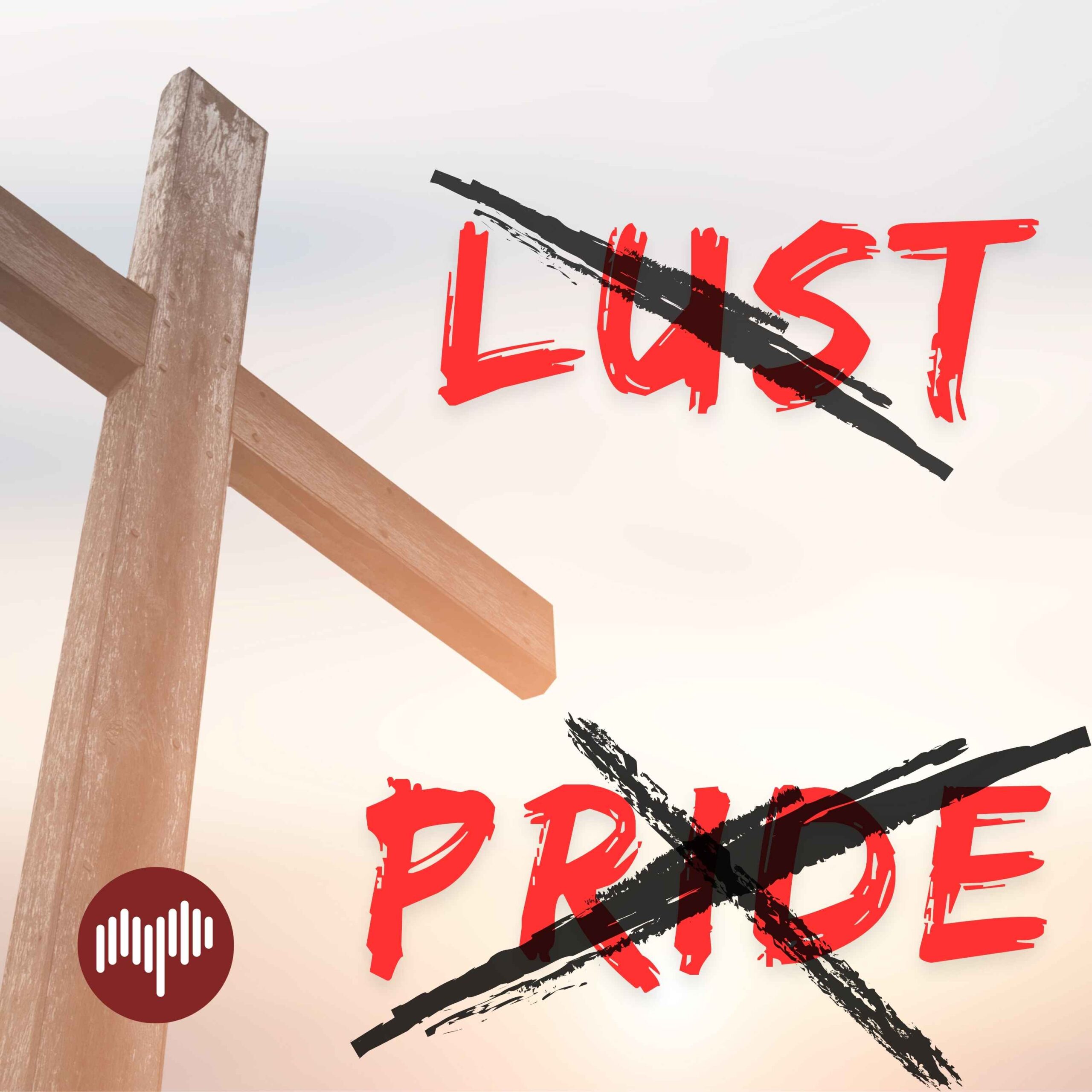

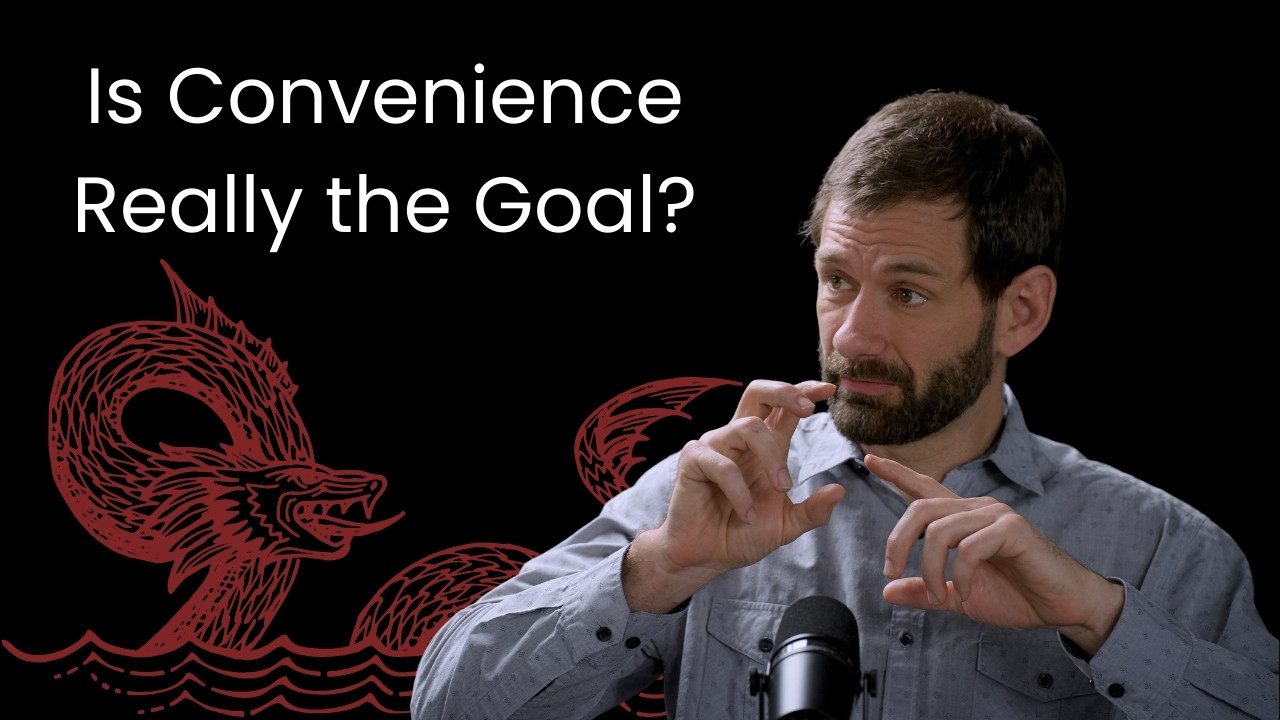
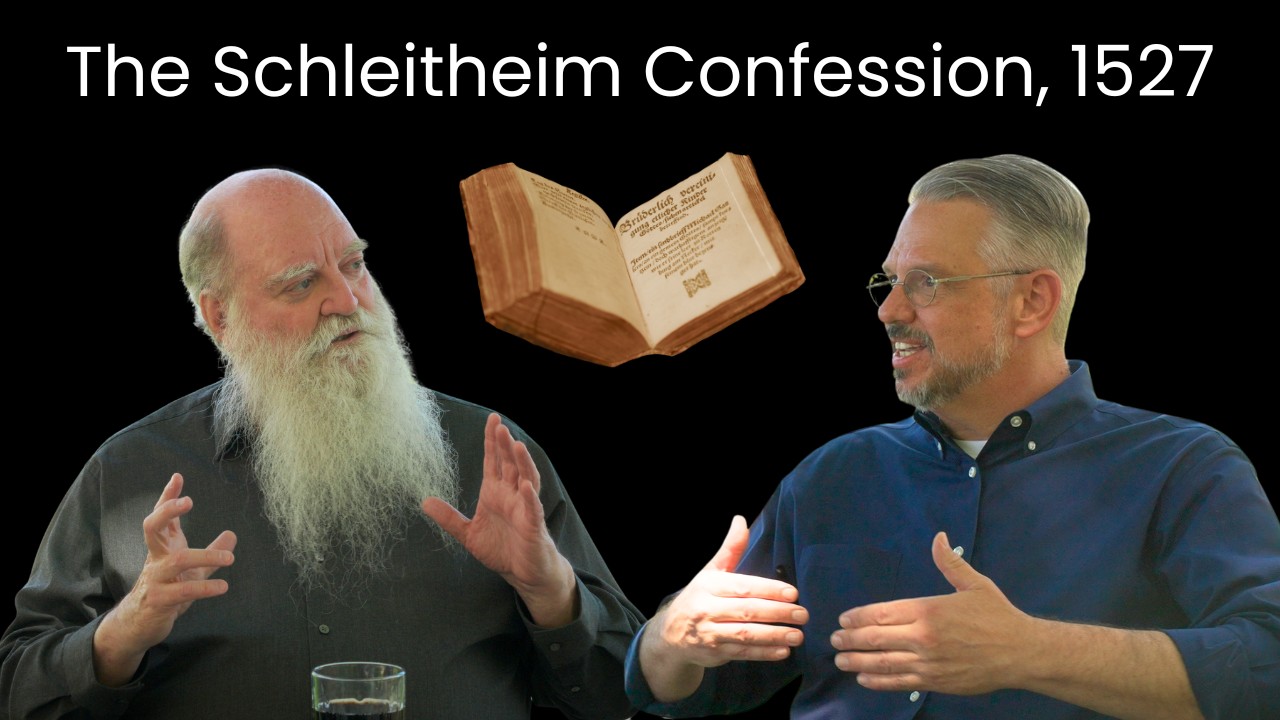
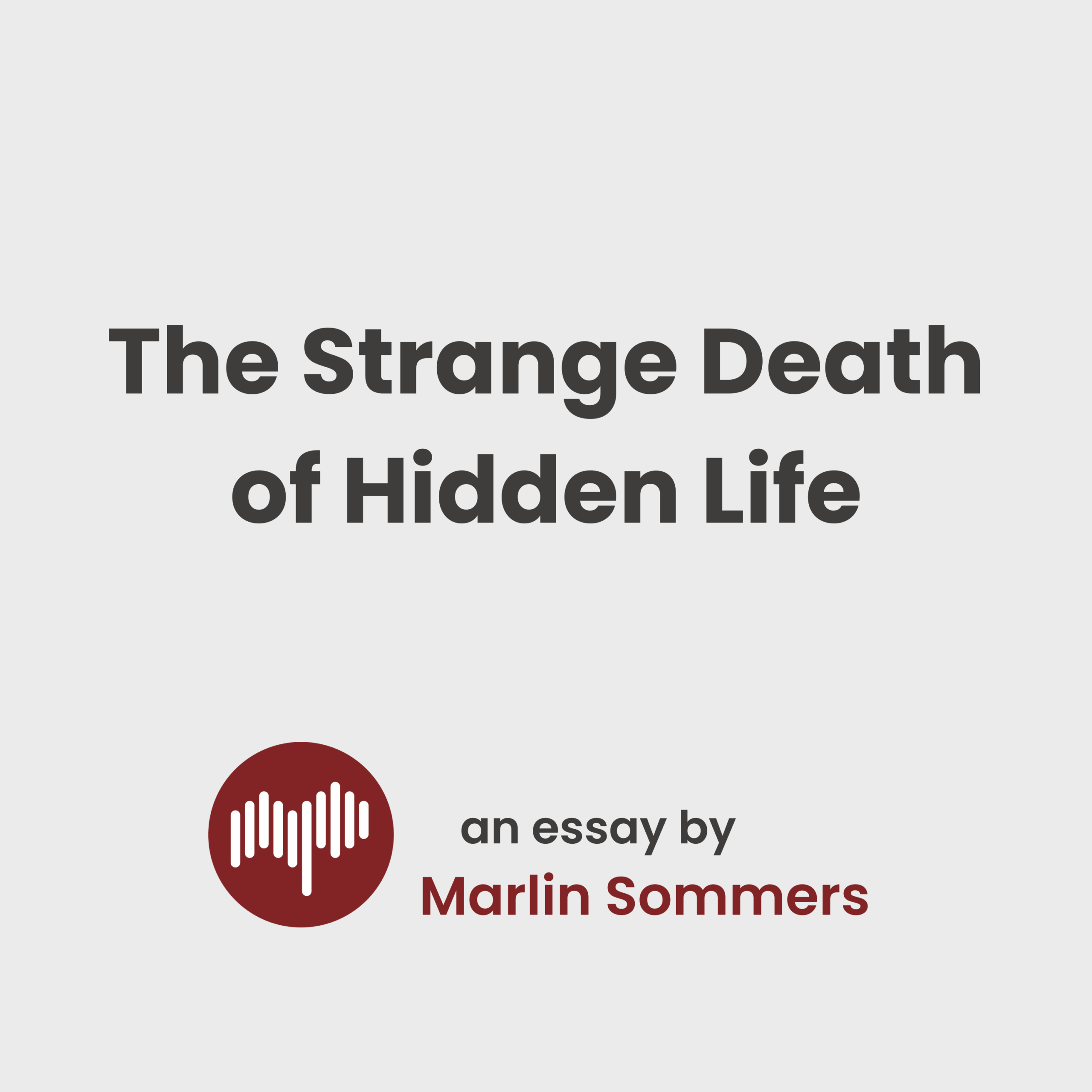
Leave a Reply